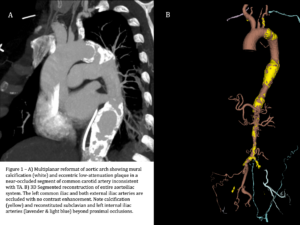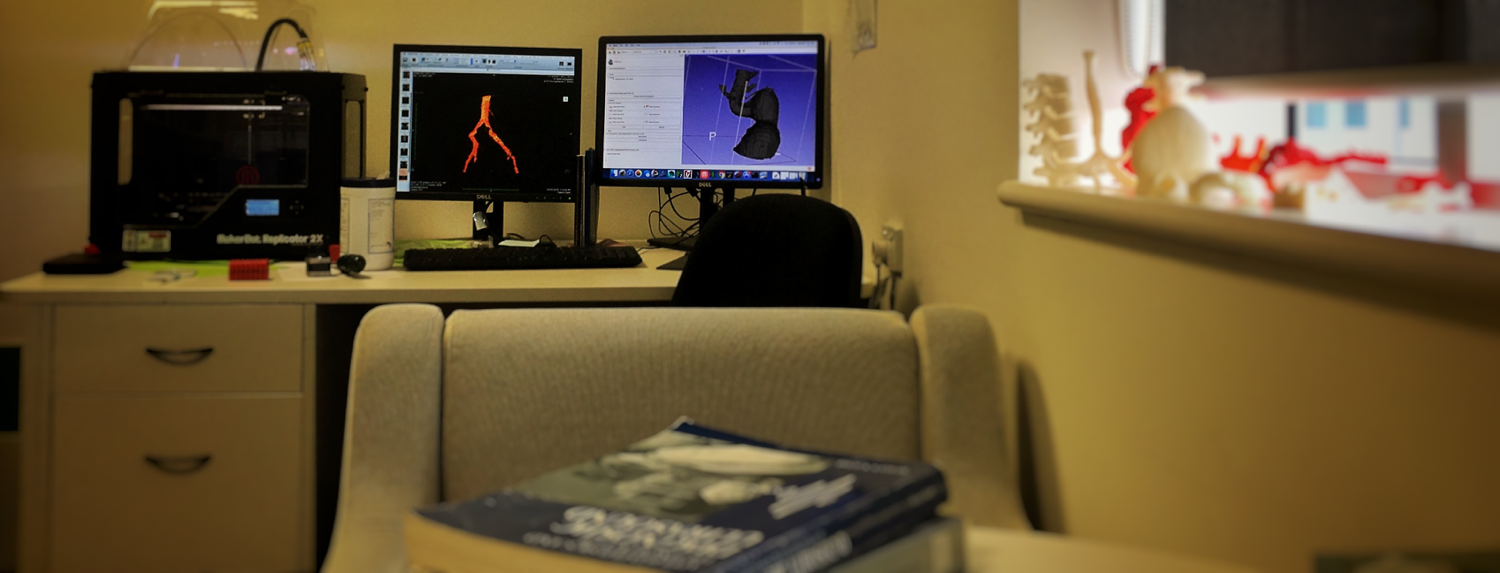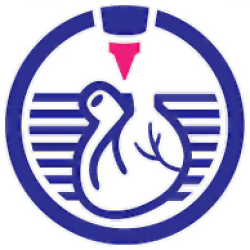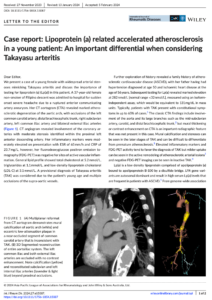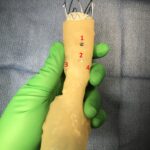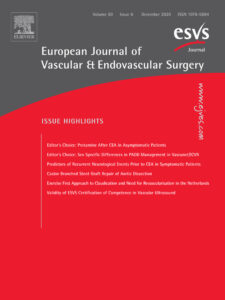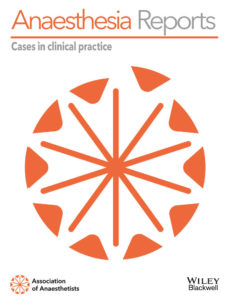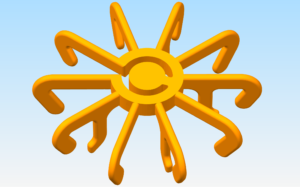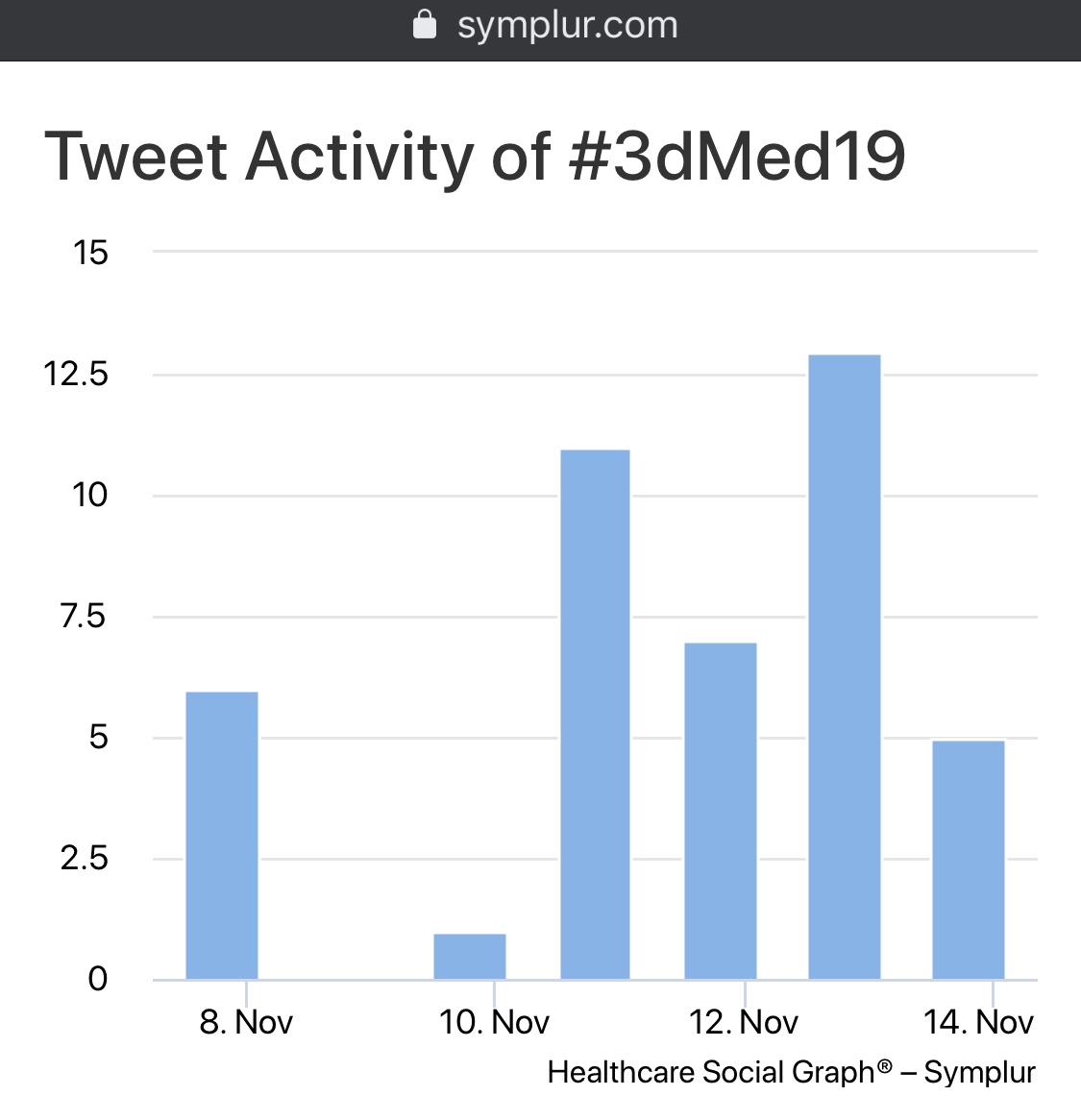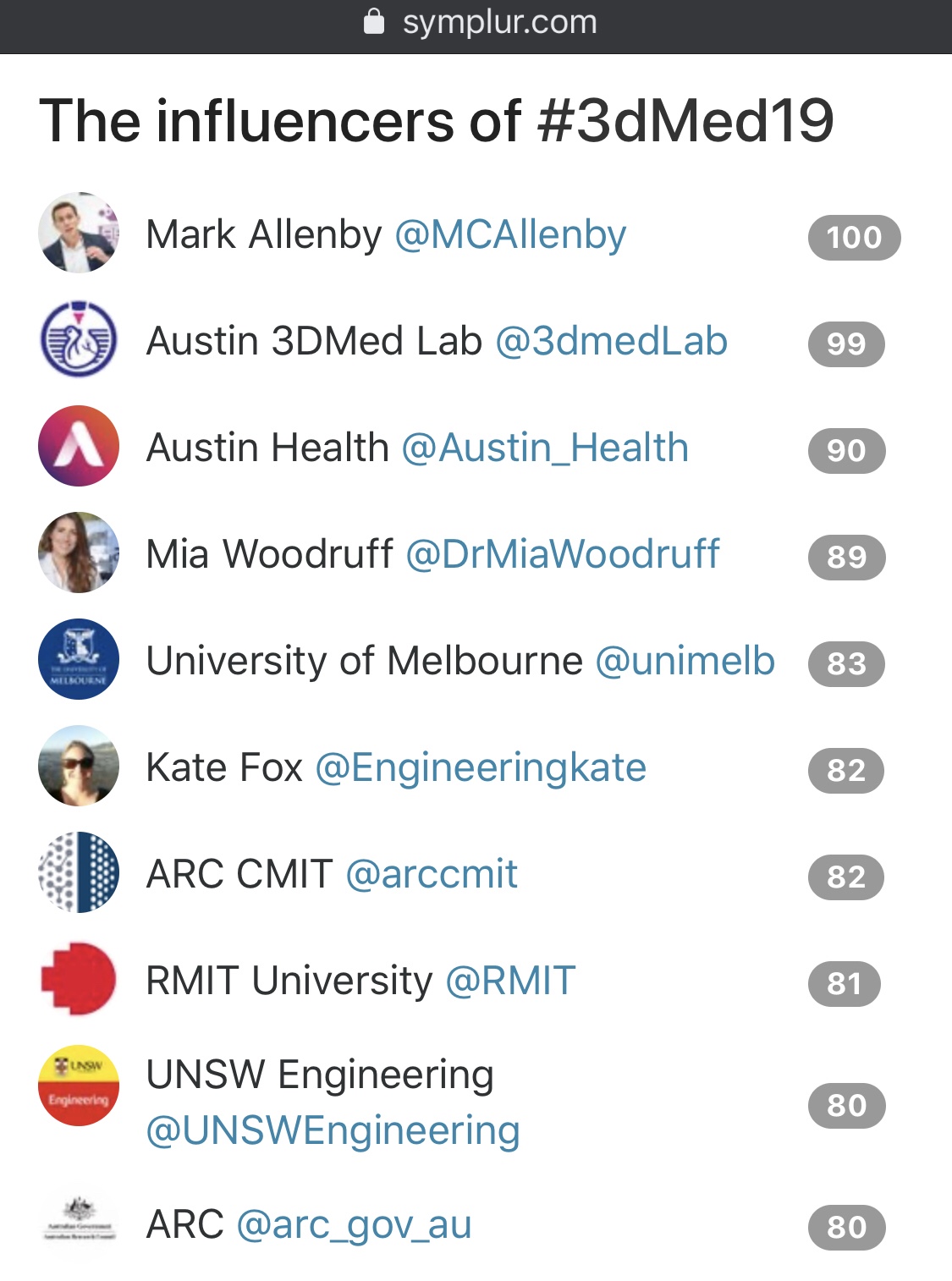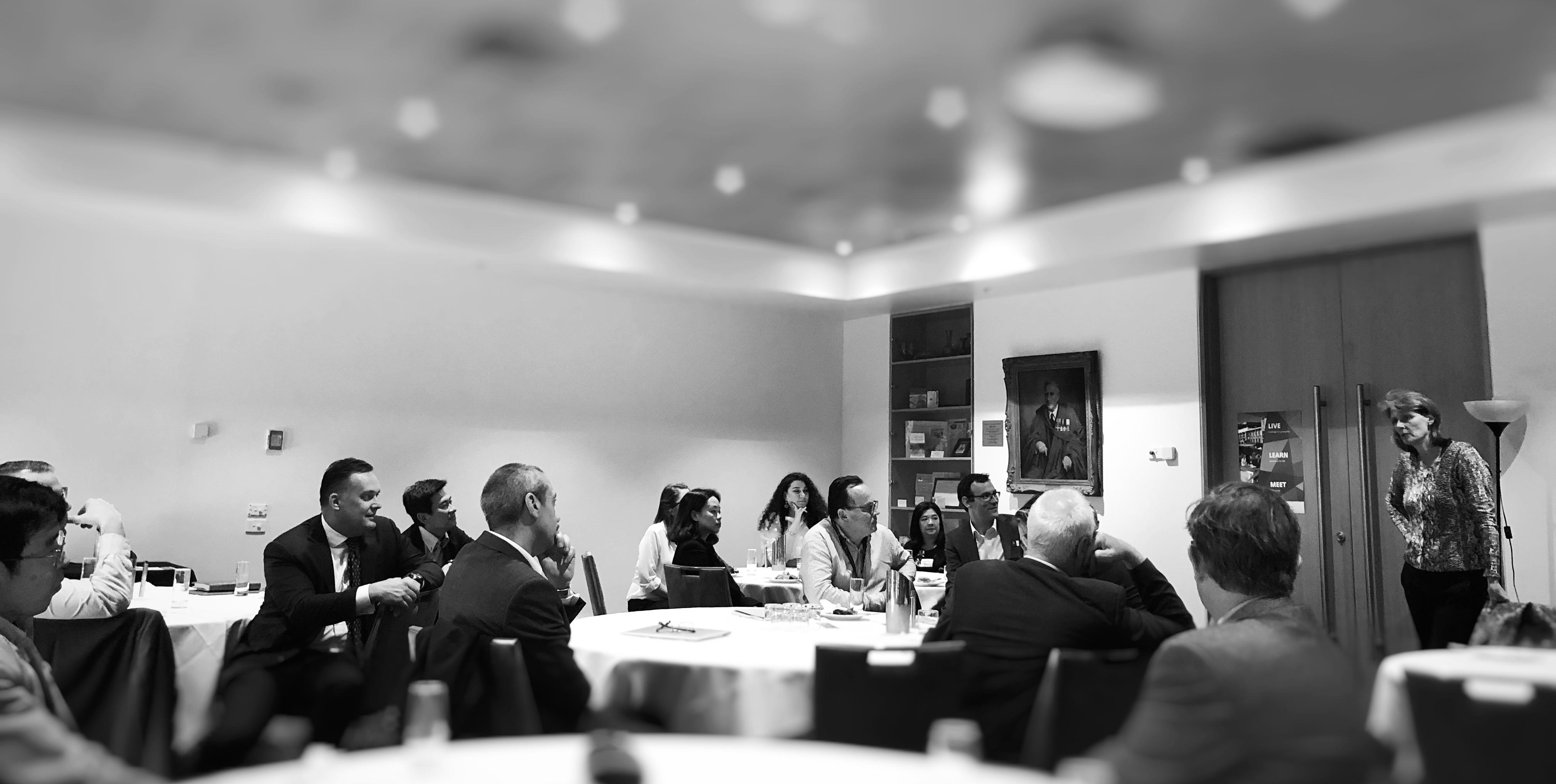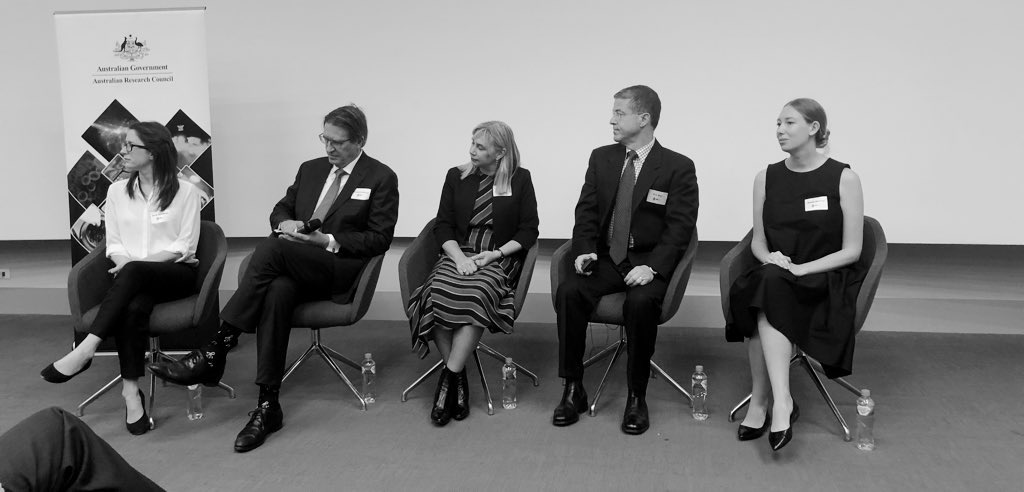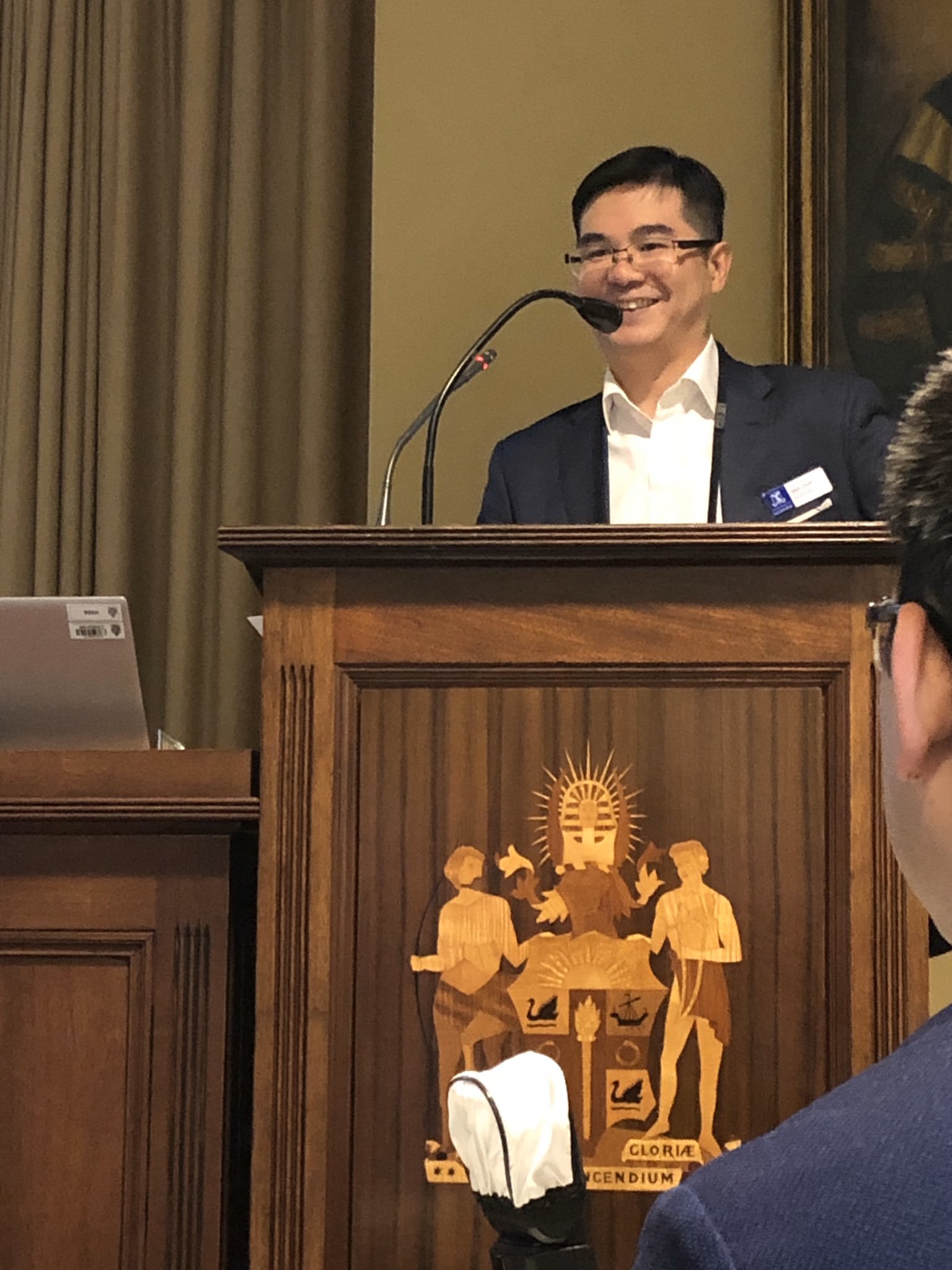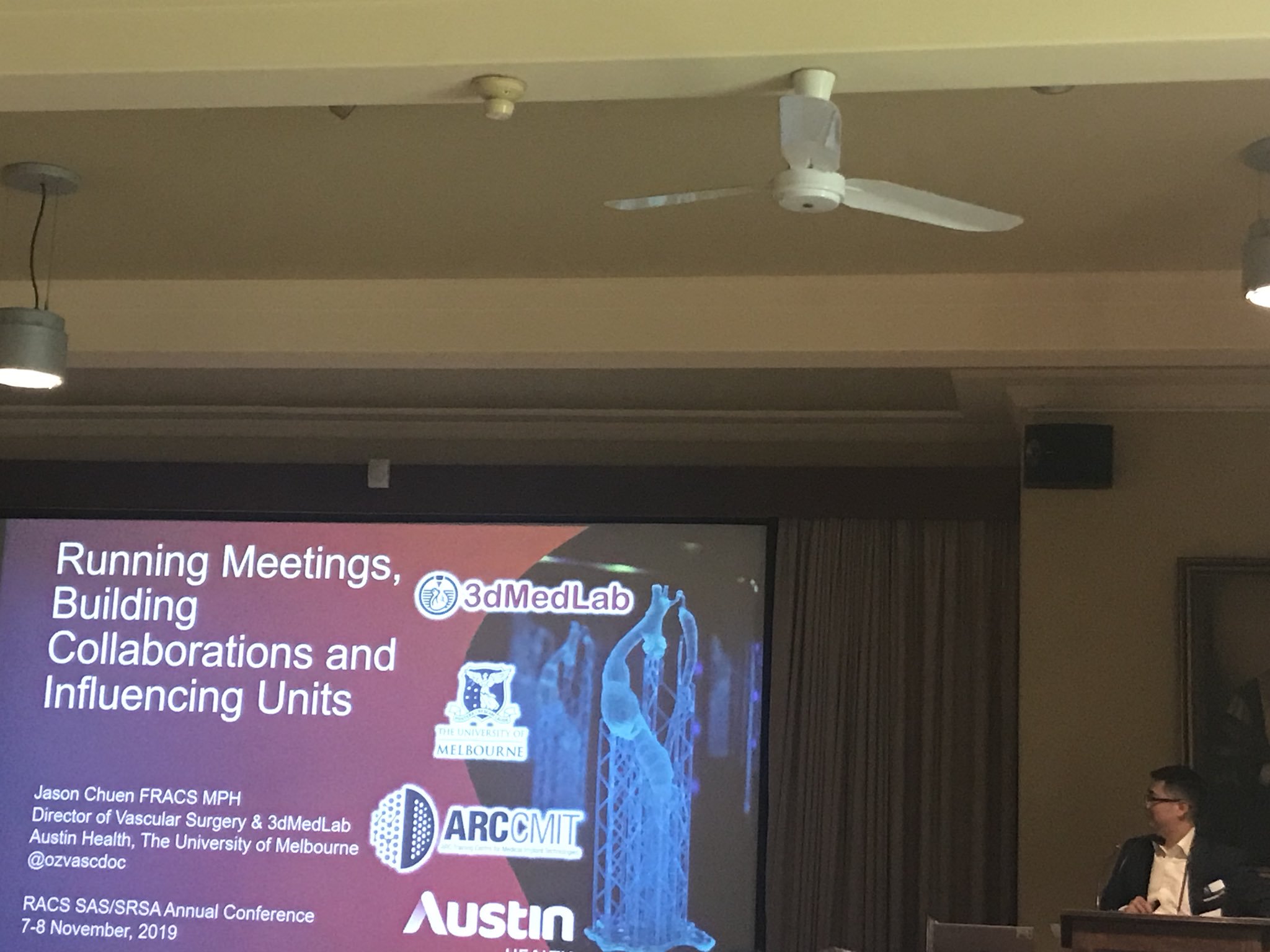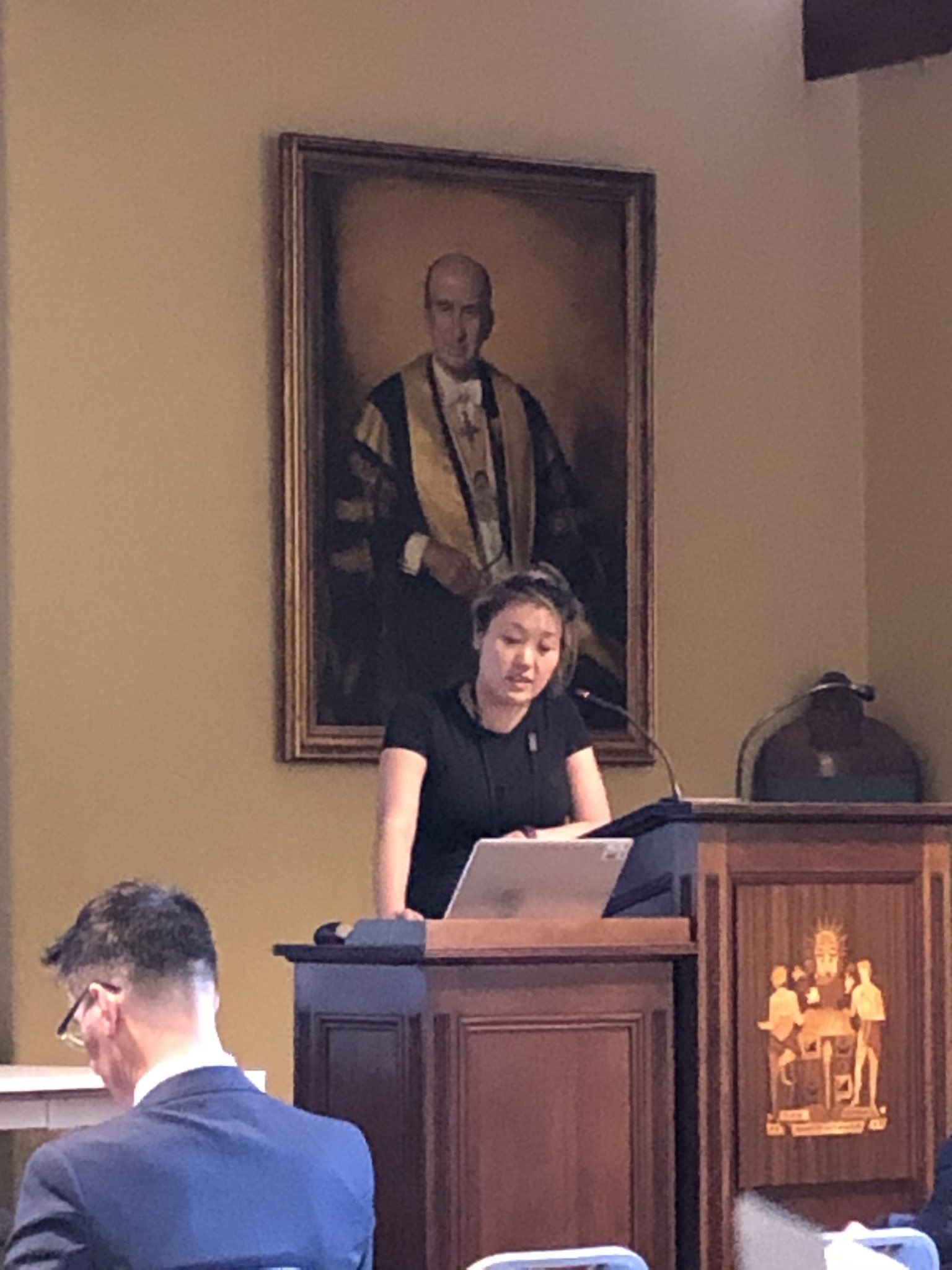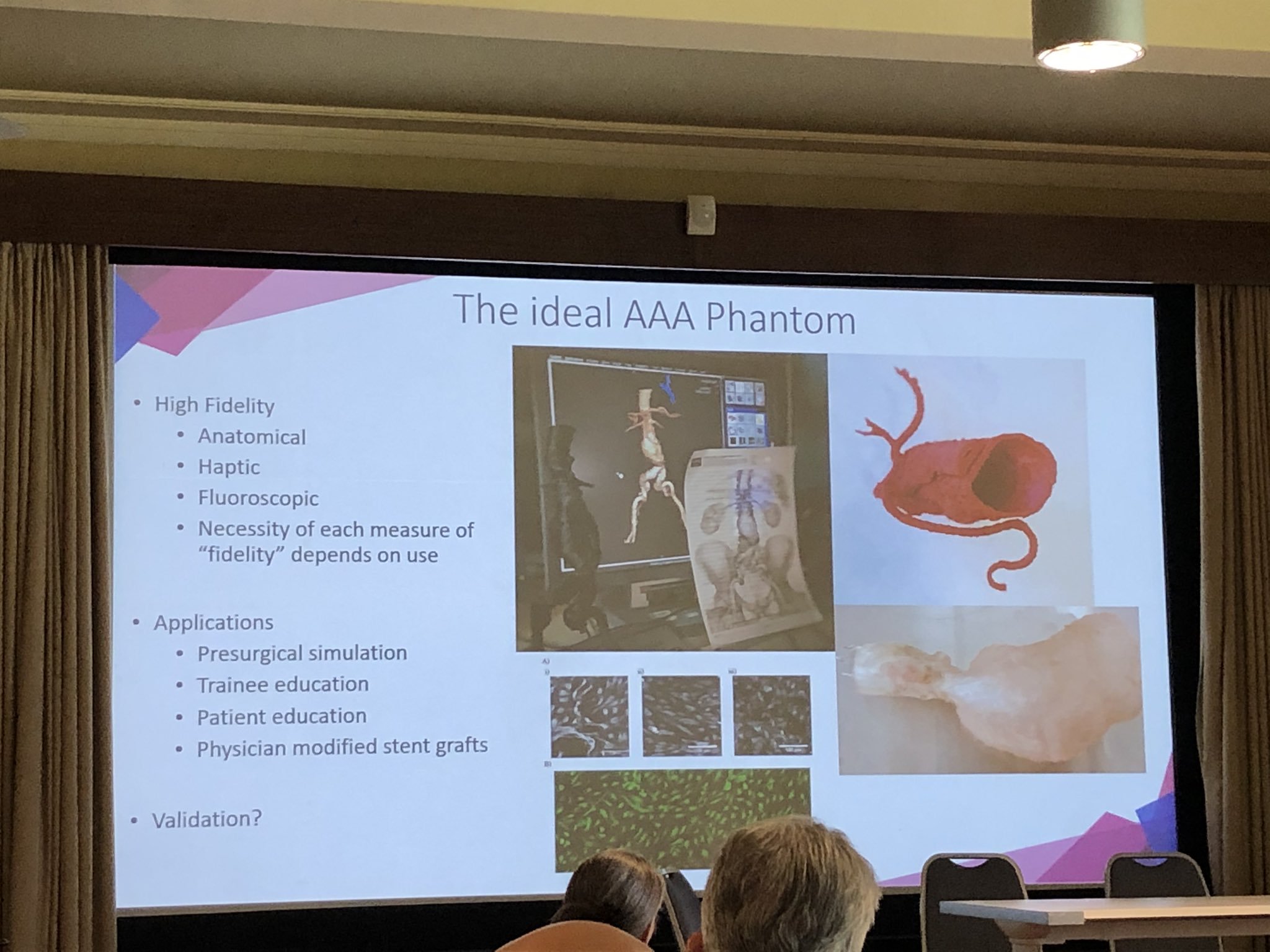It’s been a big month for 3dMedLab. Apart from presenting at multiple meetings recently, as well as organising our own — 3dMed 2019 Nov 15-16 at AAMI Park, in case you didn’t know — today was the official launch of the Australian Research Council Centre for Medical Implant Technologies, which we have conveniently abbreviated as ARC-CMIT.
This brings together 24 organisations across hospital clinicians, academics, and industry in order to develop an integrated framework for 3d printed prostheses, implants, and personalised surgical devices, including The University of Melbourne, Epworth Healthcare, Flinders University and Griffith University.
Austin Health 3dMedLab is proud to have been a key partner of this application from its inception and we will be delivering the key grass-roots clinical component of this centre, helping industry, academics, and engineers gain experience in and understand how this technology will function in a real-life, working hospital environment. Given the expertise that is in this research team, you would be hard pressed to find a problem we can’t solve if we put our collective minds to it!
Special thanks to Ali Moore for hosting this event and Katie Allen MP for visiting.
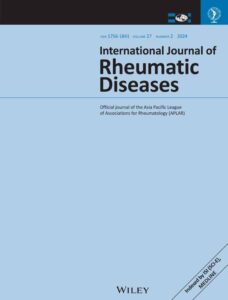 Not all of our work involves 3D Printing! In this paper on the differential diagnosis of Lipoprotein (a) atherosclerosis vs Takayasu’s arteritis, 3D Modelling helped visualise the pathology and preparation of the manuscript.
Not all of our work involves 3D Printing! In this paper on the differential diagnosis of Lipoprotein (a) atherosclerosis vs Takayasu’s arteritis, 3D Modelling helped visualise the pathology and preparation of the manuscript.